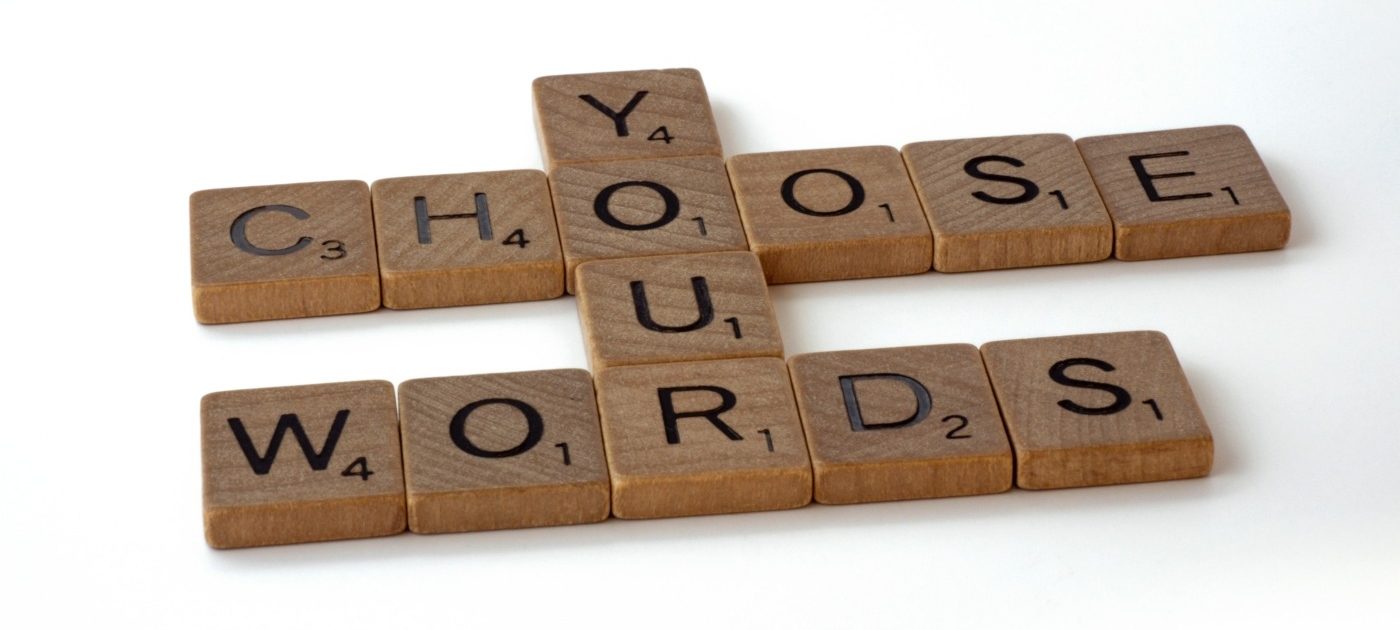Covid-19: are we using terminology correctly and does it matter?
Lockdown. Quarantine. Isolation. Buzzwords like these have infiltrated the public lexicon in the past couple of weeks. But are they the right words to use?
On March 16, rhetoric of ‘social distancing’ emerged. It prescribed the most stringent limitations on people’s daily lives known in modern history. Avoiding pubs, clubs, theatres, working from home and limiting our contact with the outside world was advised to ‘slow the spread’ of the virus. It was a muted measure that would kick-start the radical reconfiguration of our lives as we knew it.
As the virus escalated with rapid pace, so to did Covid-19 terminology progress along the spectrum of severity. By March 20, pubs, cafes, restaurants, bars and gyms were ordered to close. Self-isolation was strongly advised to those experiencing symptoms. In just four days, the government went from advising to ordering; ‘distance’ had evolved into ‘isolation’. The intensification of language, painstakingly apparent in Boris’ speech, was absorbed into mainstream media voraciously, often mistakenly. Our Snapchat stories were overwhelmed with friends documenting their suffocating days in “isolation” and “quarantine” when they weren’t experiencing symptoms at all. Mass hysteria and anxiety sabotaged accuracy of terminology, as those newly confined by the walls of their homes wallowed in a despair that was, frankly, more intense than their reality.
In many ways we are less isolated than ever
Social distancing and self-isolation are based upon the same premise but have significant distinctions. As mentioned, ‘social distancing’ applies to those who have not been exposed to the virus, while ‘self-isolation’ is for those who think they have the virus or have indeed tested positive. ‘Self-isolation’ is the more extreme version of ‘social distancing’, but most use them interchangeably.
‘Self-isolation’ implies, linguistically, a greater sense of self-determination than ‘social distancing’. Does it overlook the fact that the act of one member self-isolating compels the rest of the family to follow suit? In so doing, should ‘isolation’ instead be accompanied by a collective pronoun?
Furthermore, should ‘isolation’ be partnered with a noun less alienating? In many ways we are less isolated than ever – through social media, checking up on our neighbours, the elderly and the homeless, we have admirably strengthened our interconnectedness and sense of community. Does it act as an oxymoron in this sense? Alternatively, does ‘isolation’ speak precisely to the loneliness we all face? That online interaction provides only superficial comfort and relief, all the while accentuating the physical distance between colleagues, friends and family as the elephant in the room?
Our minds were set into lockdown mode before our bodies
Many would argue that nothing makes up for spending real time with people in the same physical space, making ‘social distancing’ the more appropriate term. Others may claim that their lonely, eerie and solo confinement to their home better suits the term ‘isolation’. Given the plurality of experience, it is difficult to enforce universal boundaries of terminology.
You may think it a tedious task to re-evaluate our use of terminology at all as a tragedy unfolds outside. But, for those of us with time at our disposal, it may be worthwhile in terms of perspective. Words such as ‘quarantine’ and ‘lockdown’ have been trivialised and overused to an unhealthy extent. As a society, we should admit to having jumped the gun with words like these before they were truly warranted, cultivating unnecessary anxiety.
We claimed to be trapped before ‘lockdown’ was officially announced on 23 March. While many may be forgiven for responsibly distancing themselves before then, for others this language catalysed a premature emotional and mental shift, before they had time to process and prepare. We are now dumbfounded that the words we misused two weeks ago have manifested into our present reality.
In the same way that we have generated a sense of solidarity through social media, I propose that we form solidarity with words
Although the WHO designated Covid-19 a “public health emergency of international concern” on January 30, it had been reluctant to call it a pandemic. Fortunately, this word hasn’t been so extensively or unseasonably misused. But the Government’s resistance to voice the word ‘lockdown’ provides a true example of us, as a society, blowing the situation out of proportion and hence, using words disproportionately. Our minds were set into lockdown mode before our bodies.
But Covid-19 doesn’t allow for regrets or further contention. We can only move forward, as a society. In the same way that we have generated a sense of solidarity through social media, I propose that we form solidarity with words. That we think before we type, post, or open our mouths to speak at the dinner table. And that we use terms not only with accuracy but perspective. How you describe your current existence is up you to but remember that your words have tremendous influence. Words matter.

Comments